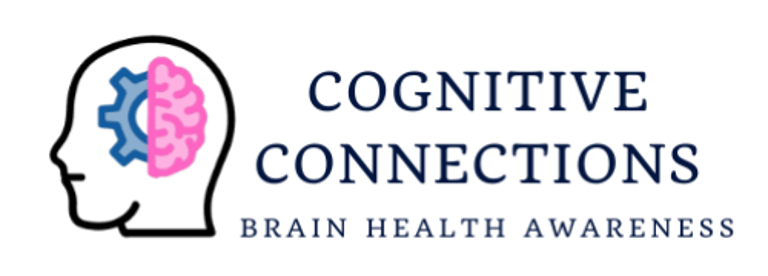Managing Stress for Teens: Building Emotional Wellbeing and Resilience
In today’s fast-paced world, teens face unique pressures, from academic demands to social expectations, making stress management an essential skill for both emotional and cognitive health. Here at Cognitive Connections, we believe in empowering teens with practical tools to navigate these challenges and build lifelong resilience, helping keep their brains strong and healthy.
EMOTIONAL WELLBEINGTEENS
Nandita Srikumar


In today’s fast-paced world, teens face unique pressures, from academic demands to social expectations, making stress management an essential skill for both emotional and cognitive health. Here at Cognitive Connections, we believe in empowering teens with practical tools to navigate these challenges and build lifelong resilience, helping keep their brains strong and healthy.
Stress doesn’t just impact mood—it can also affect memory, focus, and overall brain function. That’s why this month’s focus on Emotional Wellbeing introduces simple, science-backed strategies for teens to manage stress effectively. Here are some techniques you can start practicing today:
Take Breaks: Try the Pomodoro Technique– The Pomodoro Technique involves working for 25 minutes, followed by a 5-minute break. This helps keep your mind fresh, letting you focus better and reducing the risk of burnout. Taking regular breaks has been shown to improve memory retention and cognitive performance.
Practice Mindfulness– Even a few minutes of mindfulness practice each day can make a big difference. Mindfulness helps you stay present and calm, reducing stress and improving emotional regulation. A calm mind is better able to process information and make decisions, skills that are invaluable in academics and personal life.
Stay Optimistic– Optimism isn’t just about feeling good—it can also improve your ability to handle stress. Positive thinking promotes resilience, giving you a better chance of bouncing back from setbacks. This outlook is linked to stronger problem-solving skills and better brain health over time.
Stay Socially Connected– Time with friends isn’t just fun; it’s also great for your emotional wellbeing. Having a support system helps relieve stress and improves mental and emotional health. Socializing releases oxytocin, a hormone that reduces stress and enhances your mood.
Journal Your Thoughts– Putting your feelings and experiences into words can help you process them, making stress feel more manageable. Journaling is a proven method to boost emotional wellbeing, providing mental clarity and reducing anxiety.
By using these techniques regularly, you’ll be supporting both your emotional wellbeing and your brain health. Cognitive Connections encourages all teens to build these habits now, equipping themselves for healthier, more resilient futures. Remember, the small things you do today can have a lasting impact on your brain’s health and your ability to handle life’s ups and downs.
Try These Stress-Busting Activities
Here are a few easy activities to help you put these stress-management tips into practice. Try one or more each day and see how it helps your mood and focus!
Pomodoro Study Session: Set a timer for 25 minutes to study or work on a project, then take a 5-minute break. Repeat this four times, then take a longer break (15-30 minutes). Notice how much better your focus becomes with regular pauses!
Mindful Breathing Exercise: Take 5 minutes to focus on your breathing. Breathe in deeply through your nose for 4 seconds, hold for 4 seconds, and exhale through your mouth for 4 seconds. Practicing this technique once or twice a day can help you feel calmer and more focused.
Gratitude Journal: Start a journal where you write down three positive things that happened each day. This can boost optimism and shift your mindset toward the positive
Social Connection Check-In: Text a friend or family member just to check in and see how they’re doing, or invite someone to join you for a walk or study session. Even short interactions can lift your mood and reduce stress.
Evening Reflection: Take a few minutes at the end of your day to jot down any worries or challenges, as well as small wins or things you learned. This process can help you release lingering stress and feel more organized.
Try incorporating one of these each day as part of your routine and see how it helps you manage stress and build a healthy balance between your responsibilities and wellbeing.
Connect
Follow us on social media
Reach Us
Subscribe
Copyright © 2024 Cognitive Connections. All rights reserved.
